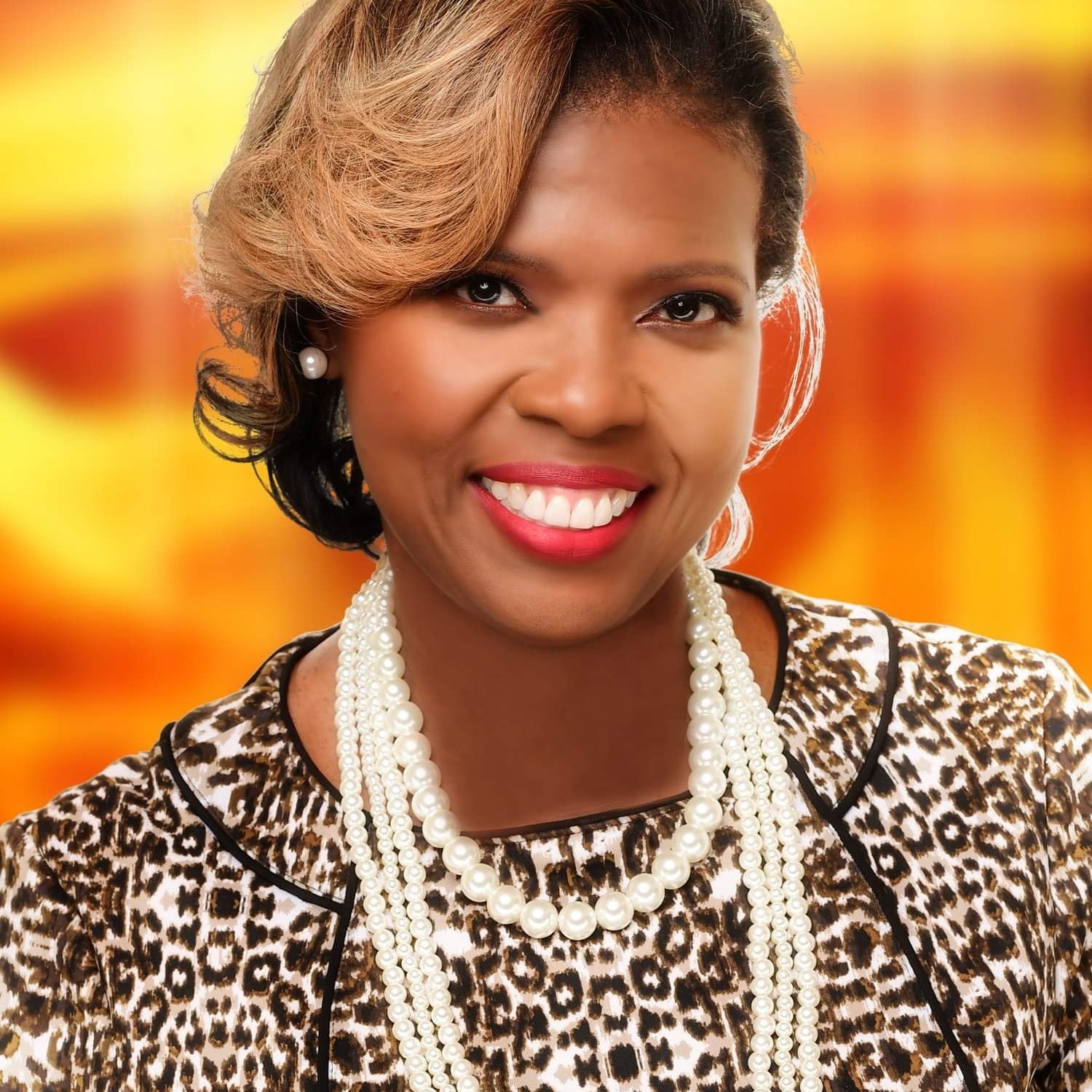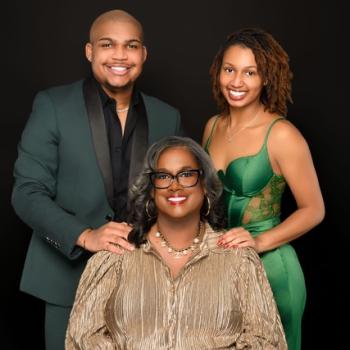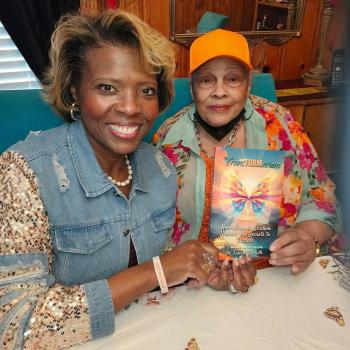Possessions and the Soul’s Purpose
Are your possessions reflecting your soul’s purpose, or are they quietly owning you? It’s a question many people ask when they feel weighed down, not just by clutter but by emotional baggage hidden in everyday objects. This is more than organizing a closet. It’s about uncovering spiritual alignment. Your home may look full, but is your heart fulfilled?
What Is Your Stuff Really Saying About You?
It’s easy to think our things are just… things. But look closer. That broken lamp, the overflowing drawer, the untouched wedding gift, they each speak. Do they say, “I support your peace”? Or do they whisper, “You’re not ready to let go”?
When Your Home Feels Heavy, So Does Your Heart
Clutter clouds more than countertops. It clouds clarity. Your space should bring calm, not chaos. According to Matthew 6:21 NIV, “For where your treasure is, there your heart will be also.” Are your treasures leading your heart toward freedom or fear?
The Spiritual Toll of Stuff We Don’t Need
The things we keep “just in case” often reflect what we’re unwilling to face. Guilt. Loss. Fear of change. But as Ephesians 4:22 NIV teaches, “…with regard to your former way of life, to put off your old self, which is being corrupted by its deceitful desires.” Letting go can be a sacred act of renewal.
Decluttering Is Sacred Work
Letting go isn’t shallow. It’s spiritual. Every drawer you clear can be a prayer of trust. Every bag donated can be a whisper: “I am not what I own.” And in those moments, Psalm 51:10 KJV comes alive, “Create in me a clean heart, O God.”
From Hoarding to Healing: A New Perspective
Minimalism isn’t the only answer. But intentionality is. Ask yourself: Does this support who I’m becoming? If it doesn’t, it may be time to release it. You’re not throwing away memories. You’re choosing growth.

Real-Life Story, Breathing Without the Burden
I gave away my maternal grandmother’s China cabinet. It took me years to be able to let it go. But afterward, I finally felt like I could breathe again. The new owner will provide a good home for it. That breath? That’s spiritual space.
A Faith-Based Way to Let Go
Letting go isn’t about scarcity. It’s about freedom. Jesus never told us to cling. He told us to follow. And that path is lighter when we carry only what serves our calling.
Peace Is Found in Purpose, Not Possessions
Possessions should serve your soul’s purpose, not block it. Let what you own reflect who you are becoming, not what you’re afraid to lose. Because when you live with less fear and more intention, you live with more peace. And that’s the kind of home worth keeping.

FAQs: Faith and Possessions
-
Does God care about what I own?
Yes. He cares more about what your things are doing to your heart than what’s in your closet.
-
Is decluttering really spiritual?
Absolutely. It’s an act of trust, surrender, and alignment with God’s purpose.
-
How can I start letting go?
Start small. One drawer. One item. Ask if it helps you grow.
-
What if I feel guilty letting go?
Feel the guilt. Then ask, “Is guilt a good reason to keep something that steals your peace?”
-
Do I have to become a minimalist?
No. Just become intentional. Keep what supports your faith, peace, and growth.
-
Can possessions block my spiritual growth?
Yes. Anything that adds noise, stress, or distraction can.













